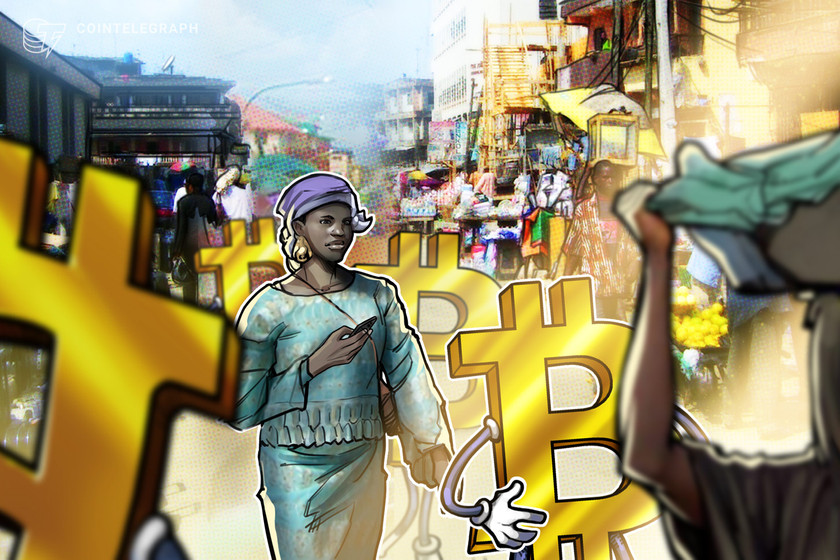Crypto market too big to ignore, says Nigeria SEC

Nigeria’s Securities and Exchange Commission says it is committed to creating a clear-cut regulatory framework for cryptos in the country.
Having recently suspended its planned crypto regulations in the wake of the central bank ban, Nigeria’s Securities and Exchange Commission has clarified its position on cryptocurrencies in the country.
According to a report by Premium Times, both the SEC and the Central Bank of Nigeria will work collaboratively on devising a concrete regulatory framework for cryptos in Nigeria.
For Timi Agama, the commission’s registration, exchanges, market infrastructure, and innovation head, regulators in Nigeria cannot afford to ignore the $1.74 trillion crypto market.
Speaking at a virtual conference organized by the Association of Capital Market Academics of Nigeria in the capital, Abuja on Sunday, Agama remarked:
“Part of the desire of the SEC even in the future is to provide a regulatory framework that will take care of all these challenges that we have seen internationally and the entire world is grappling with in terms of cryptocurrency and digital assets. For us at SEC and capital market, it is something to look at, the world cannot be moving forward and we will be static, no.”
According to Agama, the SEC sees cryptos as a channel for attracting much-needed foreign direct investment, or FDI into the country. Indeed, according to a recent report by the National Bureau of Statistics, 26 out of the 36 states of the federation did not receive any FDI in the whole of 2020.
For Kevin Amugo, the CBN’s director of financial policy and regulation, the ban was necessary to give the central bank ample time to address the anonymity of crypto transactions.
However, most crypto transactions are pseudonymous at best. Blockchain intelligence firms like CipherTrace and Chainalysis have created tools that allow for robust cryptocurrency forensic investigation.
Also, crypto exchanges in Nigeria were adhering to Know Your Customer best practices which included the bank verification number, or BVN, authentication.
As part of the address during the ACMAN lecture, Amugo revealed that the CBN and SEC were working with other Federal agencies to develop a national regulatory approach to cryptos in Nigeria.
During the event, several stakeholders called on regulators to pursue more nuanced laws rather than outright bans.
As previously reported by Cointelegraph, Nigeria and Southeast Asia were at the forefront of global adoption in 2020. Nigeria’s Bitcoin (BTC) premium is currently the highest in the world following the CBN ban.



